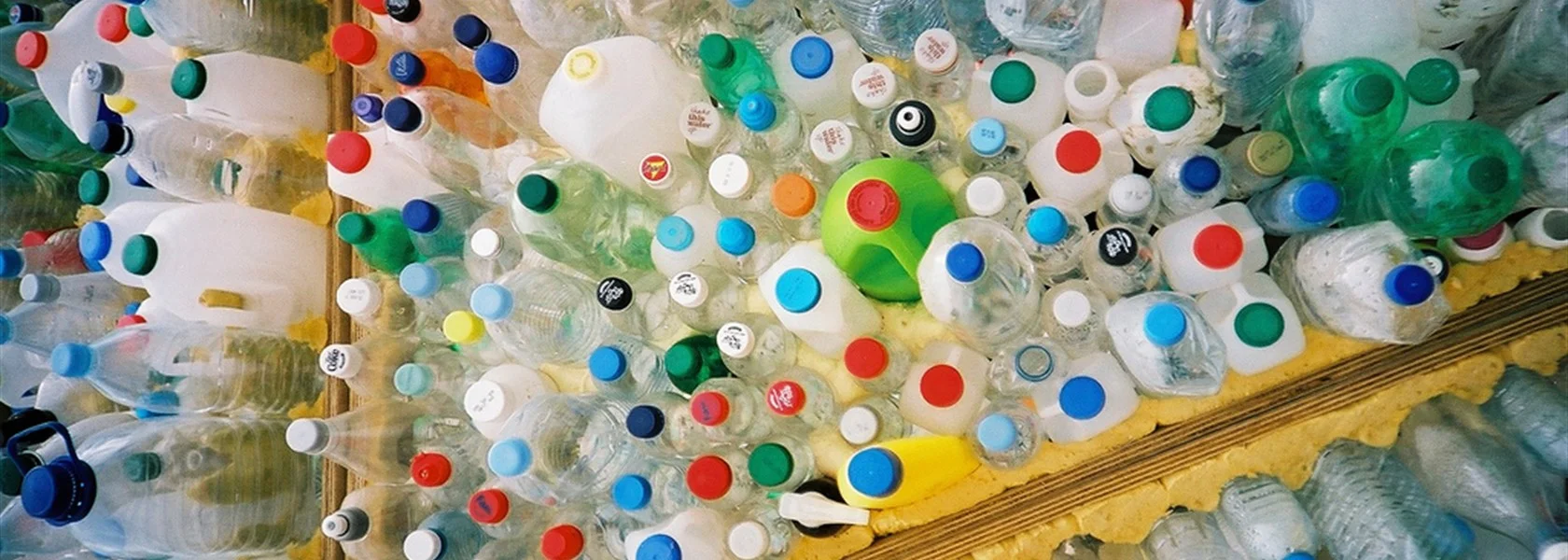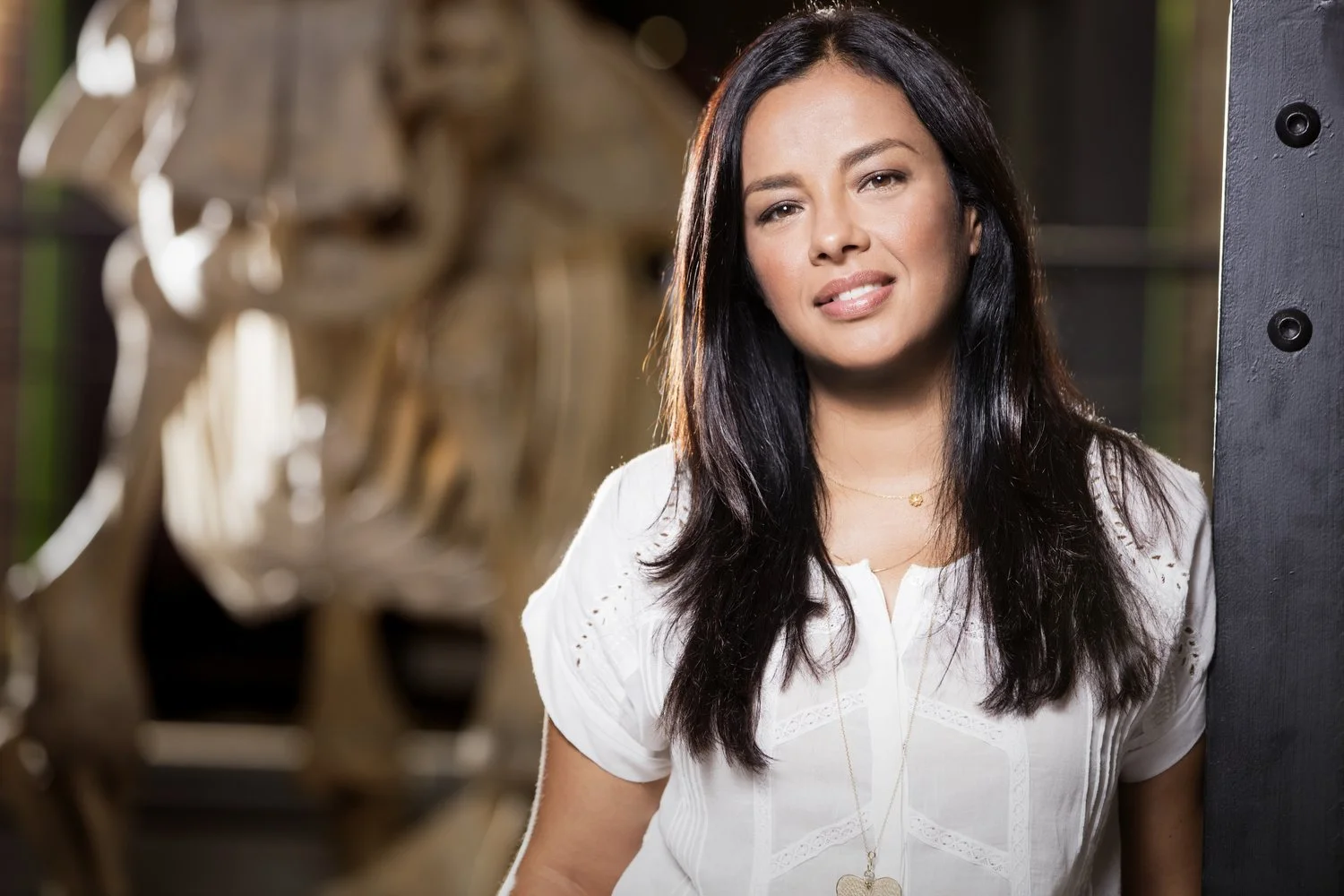Alongside her prolific television work Liz is a regular contributor to national and international titles in print and online.
Liz’s academic background also allows her to immerse herself in the scientific research underpinning her presenting work. She relishes getting stuck into a pile of scientific papers in preparation for filming, and collaborates closely with production teams on the narrative and factual accuracy of shooting and voice over scripts.
Although the potential impact of climate change is catastrophic, science and nature broadcaster Liz says all the solutions are already within our grasp.
Liz writes a brief opinion piece about why the obstacles to solving the ocean plastic crisis persist.
Liz writes about the importance of this year's Wildlife Photographer of the Year winning image which captures the aftermath of an act of brutality: a dead black rhino, killed for its commercially valuable horn.
Liz speaks about about us all being part of the collective will needed to save the elephant.
Liz writes for Huff Post UK about the lifestyle changes that can help secure the future of our wild places around the world.
Liz blogs for the Huffington Post about her love of science and her role as the BBC's Terrific Scientific Ambassador.
Last month SeaWorld announced it was ending its orca breeding programme and said the 29 orcas currently in its parks would be the last. But the company did not step back from its long-held claim that its orcas - also known as killer whales - live long healthy lives. Liz Bonnin was granted unique access to SeaWorld to investigate this claim and weigh the scientific evidence.
The Western Ghats of India are home to one of the world’s greatest tropical rainforests and a staggering number of floral and faunal species, which is some- what confounding when you consider the 400 million people who also live here. Somehow, some of the most biodiverse wildlife on the planet manages to survive among a fragmented landscape of forests, plantations and villages.
Reports at the beginning of the year that tiger numbers in India had increased by almost a third was indeed welcome news.










Filming Animals In Love was an eye-opening experience in so many ways. Not only did I witness animal behaviours I hadn't seen before, but it also allowed me to understand a lot more about emotional intelligence in animals.